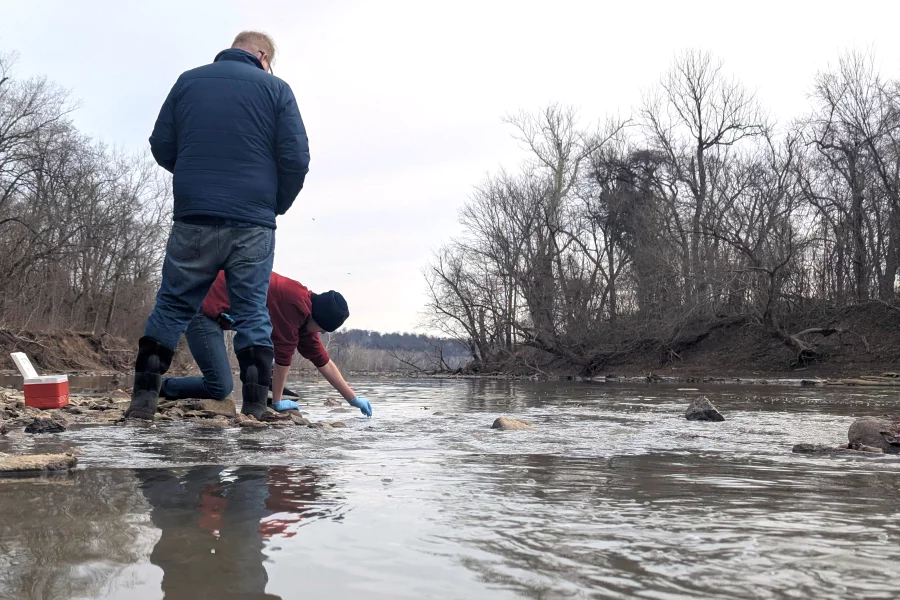 The House of Commons is to debate the impact on bees and other insects of the new generation of pesticides that has been linked to bee mortality in several countries.
The House of Commons is to debate the impact on bees and other insects of the new generation of pesticides that has been linked to bee mortality in several countries.
The Government will be called on to suspend all neonicotinoid pesticides approved in Britain, pending more exhaustive tests of their long-term effects on bees and other invertebrates. The subject will be raised in an adjournment debate in the Commons next Tuesday on a motion tabled by Martin Caton, the Labour MP for Gower.
Although the chemicals have been banned in several countries, including France, Germany and Italy, and the Co-op has prohibited their use in farms in Britain from which it sources fruit and vegetables, the British Government has refused calls for them to be suspended as a precaution. The food and farming minister, Jim Paice, will respond for the Government.
Mr Caton, himself a former agricultural scientist, said yesterday that the evidence was growing that they were a problem, and that the testing regime for the compounds in Britain and Europe was not rigorous enough. "I think they should be suspended on the precautionary principle while we improve it," he said.
As detailed in The Independent yesterday, the compounds, which imitate the action of nicotine, the natural insecticide substance found in tobacco, are arousing increasing concern among environmentalists and beekeepers because they are "systemic" – they enter every part of a treated plant, including the pollen and nectar. There, bees and other pollinating insects can pick them up, even if they are not the "target" species for which the pesticide is intended.





 In January, part of a decades-old sewer line in Maryland collapsed by the Potomac River. Over...
In January, part of a decades-old sewer line in Maryland collapsed by the Potomac River. Over...






























